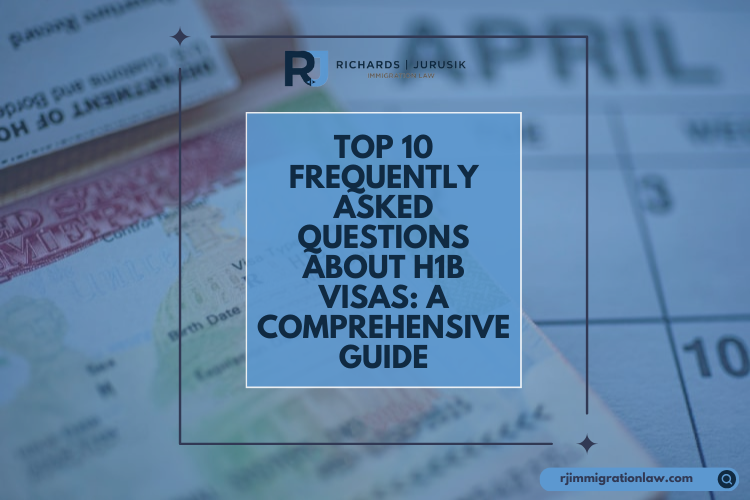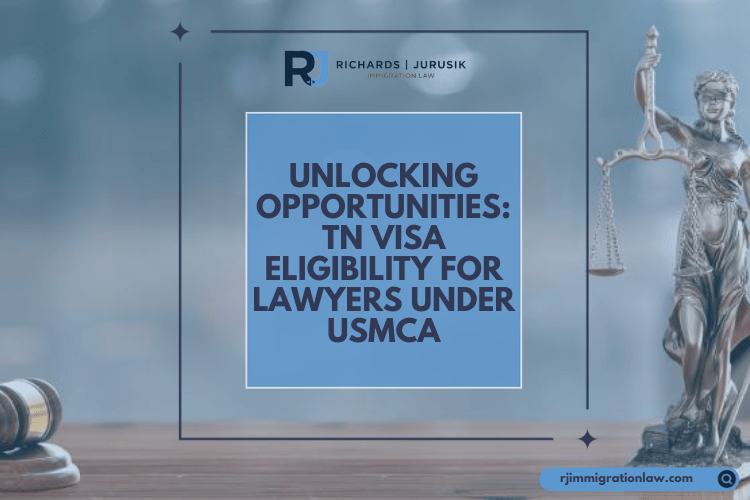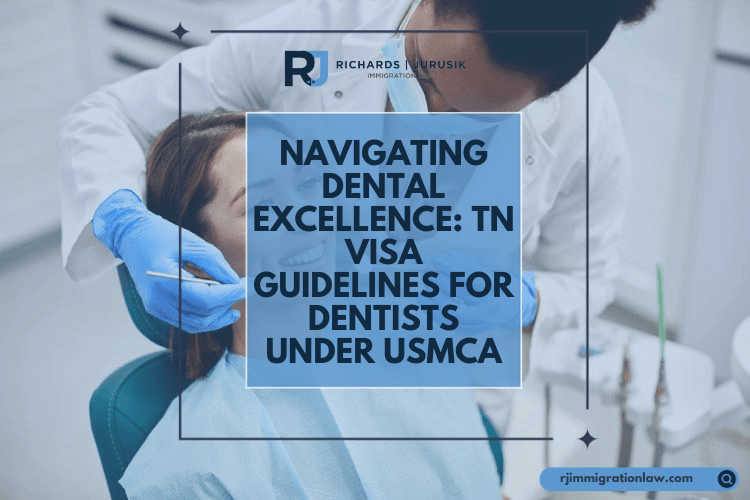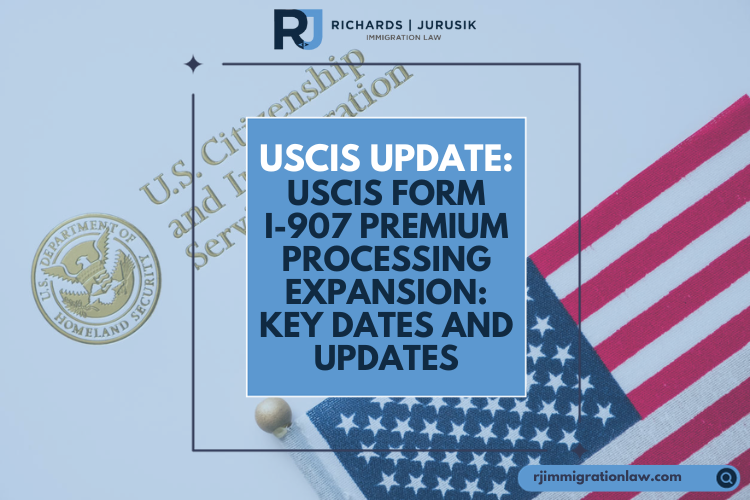Are you planning to work in the United States in a specialty occupation? If so, you’ll likely need an H1B Visa. In this guide, we’ll answer the top 10 most frequently asked questions about H1B Visas to help you understand the process better.
1. What is an H1B Visa?
The H1B Visa is a non-immigrant visa that allows U.S. companies to employ foreign workers in specialty occupations. These occupations usually require a high degree of specialized knowledge, often in fields such as science, engineering, IT, finance, accounting, architecture, and healthcare. The visa is typically issued for three years and can be extended for up to six years.
2. How do I qualify for an H1B Visa?
There are specific prerequisites to qualify for an H1B Visa. First, you must have a job offer from a U.S. employer willing to sponsor you for the visa. The job role must be classified as a specialty occupation that requires theoretical or technical expertise in a specific field. Additionally, you must hold at least a bachelor’s degree or equivalent in the specialty field related to the job. In some cases, relevant work experience can be equivalent to a degree.
3. How long does an H1B Visa last?
An H1B Visa is initially granted for a period of three years. However, it can be extended for up to six years in total. It’s important to note that while the visa can be extended, this is not an automatic process. The employer must file a petition for an extension with the U.S. Citizenship and Immigration Services (USCIS).
4. Can I extend my H1B Visa beyond the initial validity period?
Yes, under certain conditions, you may extend your H1B Visa beyond the initial six-year period. If you are applying for a Green Card (U.S. permanent residency) and your application is at a particular stage, you can extend your H1B status in one-year or three-year increments.
5. How can I check the status of my H1B Visa application?
After your employer has submitted your H1B Visa petition to USCIS, you will receive a receipt number. This number can be used to check the status of your H1B Visa application on the USCIS website. The website provides real-time information about the various stages of the application process, from initial receipt to final decision.
6. What is the process for an H1B Visa transfer?
The process for transferring an H1B Visa involves the new employer filing a new Form I-129 petition for a nonimmigrant worker. This form must be filed even if the worker is currently under H1B status with another employer. It’s important to note that the visa transfer process is not subject to the annual H1B cap, meaning an individual can transfer their H1B visa to a new employer at any time of the year.
7. Can I work for more than one U.S. employer with an H1B Visa?
Yes, you can work for more than one U.S. employer with an H1B Visa, but each employer must submit a separate H1B petition. This is known as concurrent H1B employment. All employers must offer a role that qualifies as a specialty occupation and pay the prevailing wage for the position.
8. Can my spouse and children accompany me to the U.S. on an H1B Visa?
Yes, your spouse and children under 21 can accompany you to the U.S. while you are on an H1B Visa. They would need to apply for an H4 Visa, which is a dependent visa. While H4 visa holders cannot work, they can attend school, study, and even apply for a change of status to a work visa if they find a sponsoring employer.
9. Can H1B Visa holders apply for a Green Card?
Yes, H1B Visa holders can apply for a Green Card, allowing them to live and work in the U.S permanently.. This process generally involves the employer sponsoring the H1B holder for permanent residency, which begins with filing a PERM Labor Certification. After approval, the employer can file an immigrant petition with USCIS. Upon acceptance of the immigrant petition and availability of visa numbers, the H1B holder can apply for an adjustment of status to become a permanent resident.
10. What happens if my H1B Visa petition is denied or rejected?
If your H1B Visa petition is denied or rejected, you may have options depending on the reason for rejection. USCIS provides notice of their decision, including the reasons for the denial or refusal. You might be able to address these issues and file a new petition, or you may be able to appeal the decision to a higher authority. It’s essential to consult with an immigration attorney to understand the best course of action.
Subscribe to Our Resources Blog
Schedule a Consultation with an Immigration Lawyer







